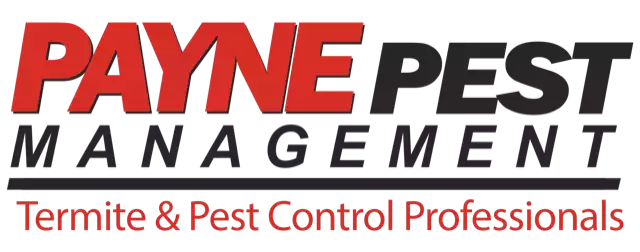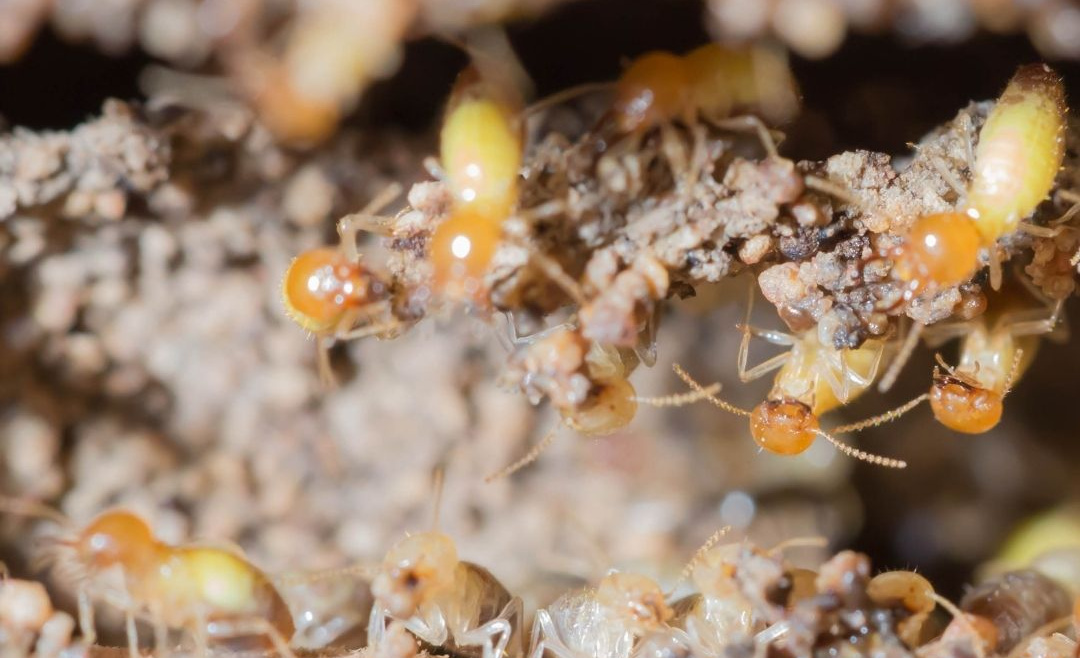Termite colonies are complex social structures that serve the purpose of propagating the species. At the center of every colony is the queen, and she is surrounded by workers, soldiers and a special caste known as the reproductives.
Every queen starts off as part of the reproductive caste of a mature colony. At this stage, the young queen has wings, and she will set out of the colony, along with thousands of other reproductives looking for a mate.
After mating, the queen will lose its wings and start digging out an initial nest. This nest can be dug into a piece of wood, or inside the ground, depending on the species of the queen. These initial stages can be very dangerous, and it’s more than likely that the queen will die, either as a swarmer, or as she tries to start her new nest.
The initial stages of the nest require the young queen to do everything, from digging out tunnels, to gathering food, feeding the young, and sanitation. However, once the first few workers reach maturity, the queen will no longer participate in any other activity except for reproduction. It is at this point that the nest is firmly established, and odds are, that it will grow to maturity.
All termite colonies start this way, but termite infestations start differently depending on the species. For example, a drywood termite queen will build her initial nest inside of the wood that the entire colony will consume – sometimes this happens to be wood that is a part of your home. Subterranean termites on the other hand will build their colonies deep underground, and they will tunnel towards a piece of wood in order to consume.
This affects how an infestation is treated, with drywood termites requiring localized treatments or fumigation and subterranean termites requiring chemical barriers or baiting systems. A pest control pro will perform an inspection initially, to determine the location of the infestation, and more importantly, the species responsible. After that, he will recommend a course of action and the best treatment for the job, and you will often be able to go with different approaches depending on your property, budget and the nature of the infestation.
If you would like to know more information about how termite infestations start and spread, and how they are controlled, or if you suspect that you currently have a termite infestation in your home, contact us today.







